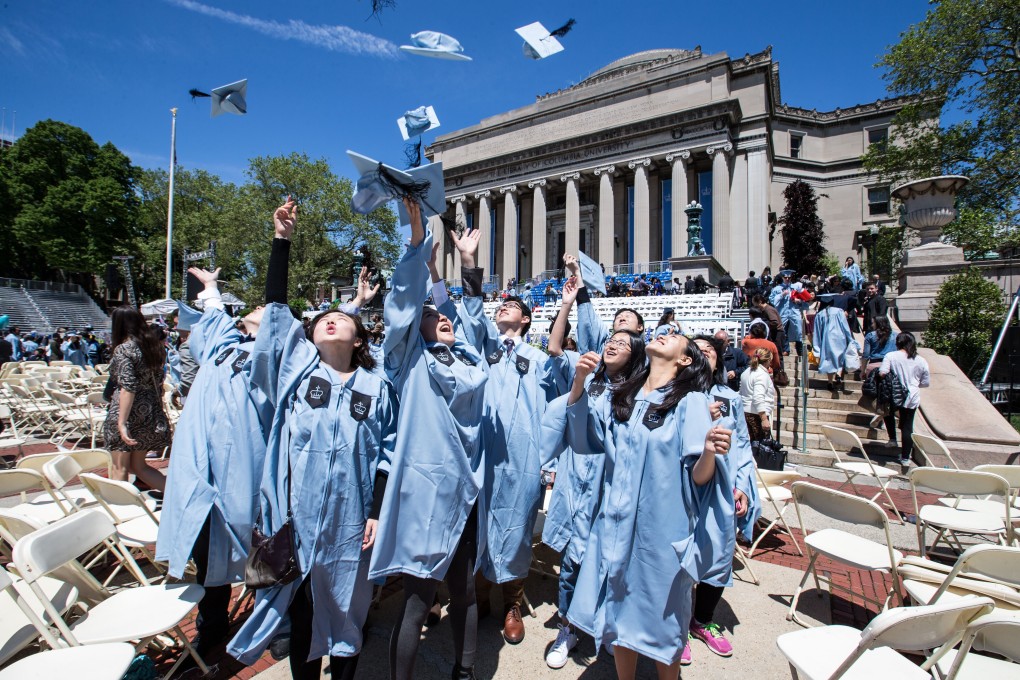Editorial | Personal contact key to China-US relations
- Washington’s rejection of visas for Chinese students wishing to study in America hinders an improvement in ties between the world’s two most powerful nations

China in the 2019-20 academic year accounted for 35 per cent of international students in the US, their dream and those of their parents being that a Western education and experience would improve career chances. But the Covid-19 pandemic and the anti-Chinese sentiment that has grown to unprecedented levels among Americans is likely to reduce those numbers. Australian universities have already experienced a sharp drop in levels of Chinese students and institutions in Britain are also anticipating a decline. Rhetoric from Washington and Canberra has been especially harmful; Beijing has been accused of using students as its proxies to spread its views and spy. Such beliefs and the policies that result from them ignore the benefits of bringing people of different backgrounds closer. Only through people-to-people interaction can values be bridged and cross-cultural communication occur. Without these basics, from the grass roots up, can there be the mutual trust and understanding essential to improving ties.
